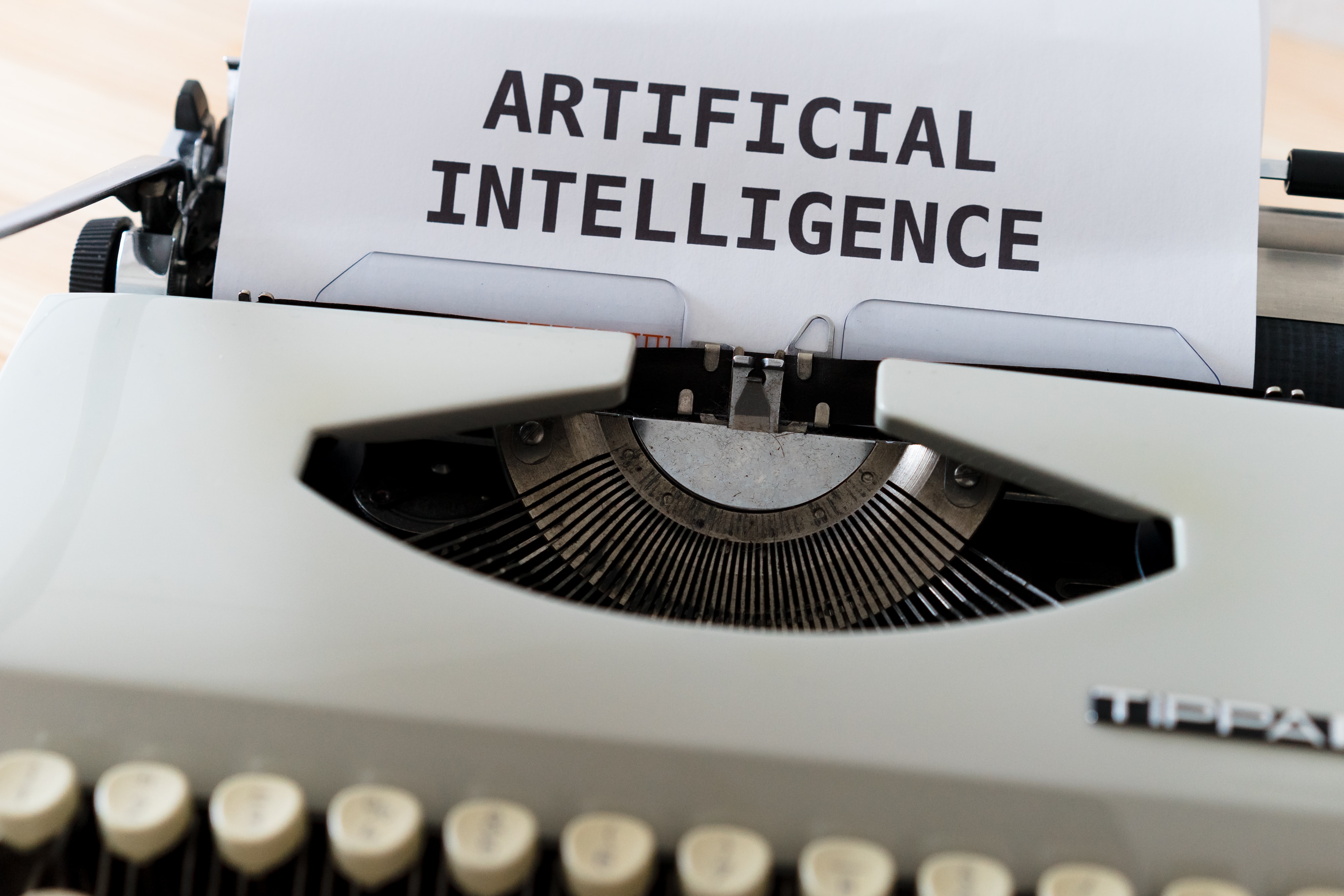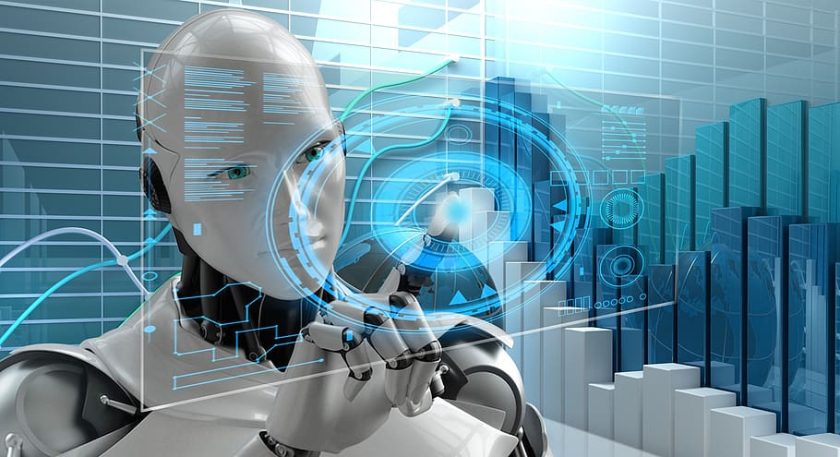Artificial Intelligence(AI) is one of the rapidly emerging technologies invented by John Mccarthy in the year 1950.
McCarthy said, “Every aspect of learning & any other specification of intelligence can in principle be so accurately expressed that a machine can be made to stimulate it. An effort will be made to find how to make machines use language, form abstractions, & concepts, solve kind of difficulties now reserved for humans, & improve themselves.”
AI is the caliber of a machine to perform any task & mimic the actions that would need human intelligence. It is continuously growing to benefit various industries. Also, it uses a variety of approaches, like machine learning & deep learning, to make tasks more natural.
As per Fortune Business Insights of 2020, the global market of artificial intelligence is expected to hit $267 Billion by 2027. The rapid advancement of AI is shown from Cortana to autonomous vehicles that have no signs of slowing down. From healthcare to the education sector, AI encompasses almost everything.
Types Of AI
Artificial Intelligence is majorly divided into two categories: narrow AI (weak AI) & general AI (strong AI)
Narrow Artificial Intelligence
Narrow artificial intelligence is designed in such a way that it performs specific tasks. For example, facial recognition software is only used to identify faces, not anything else. Today, everyone is using narrow artificial intelligence.
General Artificial Intelligence
Every researcher wants to create general AI because of its much broader reach than narrow AI. Cognitive tasks performed by general AI is much smarter, stronger & faster than a human being. For instance, the job performing capacity of a robot is much more than any human.

Advantages of Artificial Intelligence
Reduces Human Error
Humans do mistakes from time to time; that is why the phrase “human error” was born. However, an appropriately programmed computer doesn’t make any mistakes. Moreover, by using artificial intelligence, the previously gathered information is used for decision making. Therefore, errors are reduced & accuracy chances are increased.
24*7 Availability
Average working hours for a human are 4-6 hours a day, excluding all the breaks because humans need time to refresh. They can not work continuously without getting bored or taking a break. While with AI machines can operate 24*7 without taking any break.
Rational & Faster Decision Maker
By combining AI with other technologies, we enable a machine to take a rational & faster decision than a human. While humans first analyze all the aspects emotionally & practically both after that, they will make a decision which is quite a time-taking process.
Helpful In Repetitive Jobs
In our daily life, we do a lot of repetitive tasks like document verification & many more. Therefore, by using AI, we can do these mundane jobs productively & removes boredom from our day-to-day life.
AI Implementation In Risky Situations
Human does not reach all the places where AI does. So, we can deploy a machine with a predefined set of algorithms to those places where human safety is vulnerable—for example, going deepest inside the ocean where human survival is difficult, going to mars, using for defusing a bomb & many more.
Digital Assistance
Many organizations use digital assistance for interaction with clients as it reduces the need for human resources. Many websites give us the option of chatting for help. How can we forget about Siri? It listens to us & performs the job accordingly.
Also, AI is broadly used in financial & banking institutions because it helps organize & manage data.

Disadvantages of Artificial Intelligence
High Cost Of Creation
Although AI has abundant benefits, it requires a massive cost of creation. Artificial intelligence is updating every other day, so the software & hardware needs updating from time to time to meet the latest technology. Apart from creation cost, its installation, maintenance & repairing cost is relatively high as it is a machine with various complexities.
Unemployment
This is the riskiest impact of AI. In the coming future, if a human being does not add different skills to do work, then we can see the machine replaced the people because every organization wants profit. Every organization replaces the minimum qualified employee with an AI robot which will do the work more efficiently.
Today also we can see various websites using digital assistance chat which reduces the need of employees. According to Gartner’s prediction, “ by 2022, 70% of customer interactions will involve emerging technologies like machine learning applications, chatbots & mobile messaging, up from 15% in 2018.”
No Emotions
When it comes to team management, the human bond is essential that can not be replaced by machines. Undoubtedly, the device can work much more efficiently than humans, but a human touch is always missing from it as it is a pre-programmed thing without any emotion.
Out Of Box Thinking Is Lacking
A human can think out of the box according to different situations. Also, they improve themselves by making mistakes & with experience. However, in the case of a machine, we can not expect that a machine can improve itself with experience. Also, it can only do the things for which it is being programmed. A device is not supposed to do a little less or more work than its predefined set of algorithms.
Summary
As per the saying, “necessity is the mother of invention, so is in the case of AI. Human beings know what they want in the coming future & are quickly transforming their needs into reality. Some people say that AI can demolish human civilization if it falls into the wrong hands. Every new invention will have both positive & negative sides, but we as good people need to take care & avail the positive sides of the innovations. Hold your breath, as the mega invention is yet to come!


